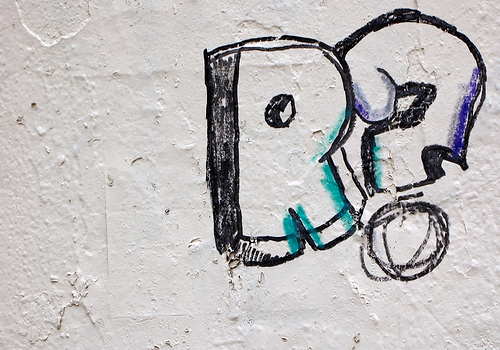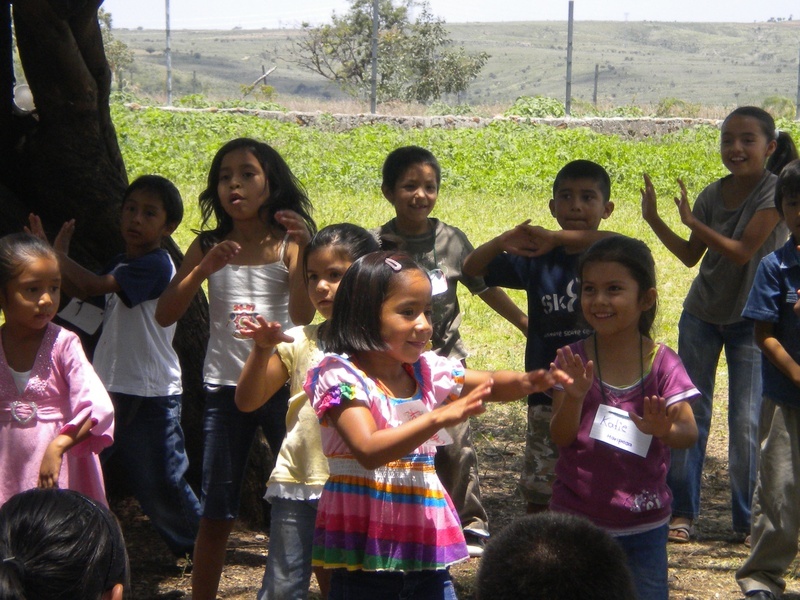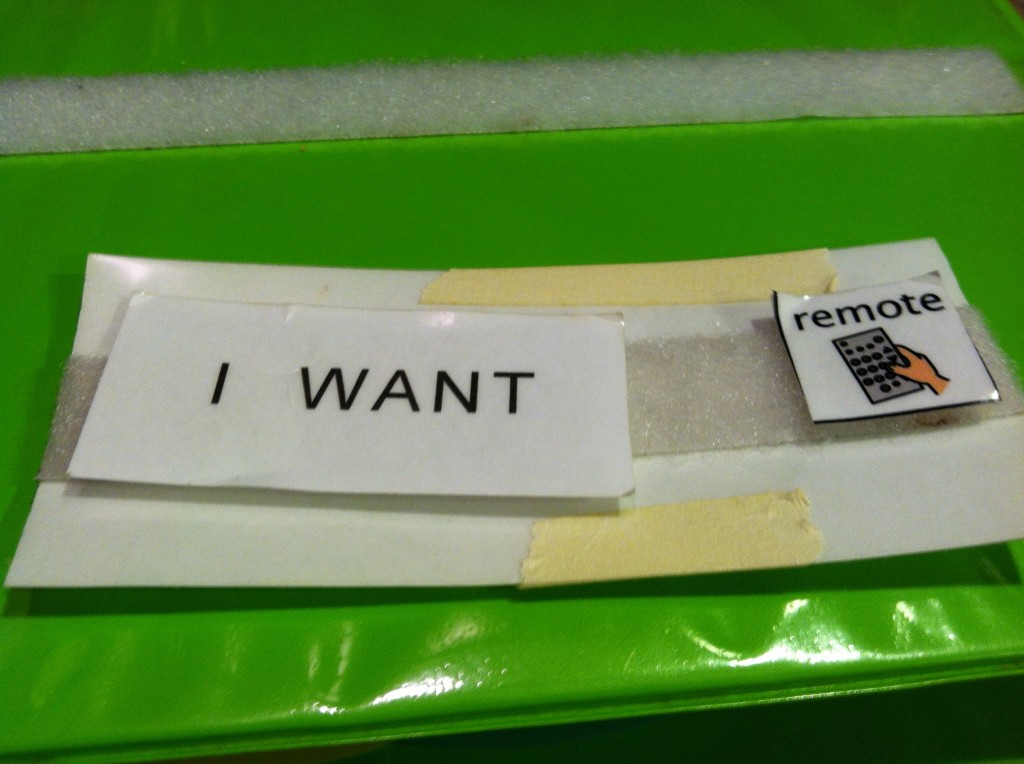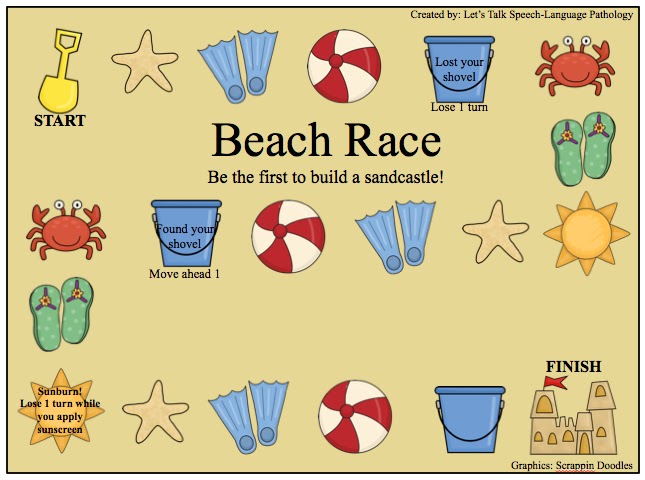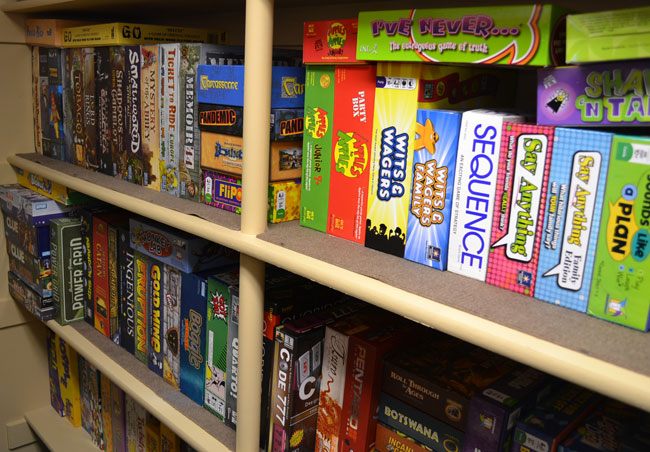“R” can be a tricky sound to master and even trickier to teach. But if only visual biofeedback were around for Elmer Fudd, his ‘r’ sound might have improved, according to some researchers. While you might not have heard of visual biofeedback, the idea makes sense; seeing what you say could help you learn to correct it. While visual biofeedback is just one tool among many that might help SLPs tackle ‘r’ productions, it might just help clinician’s think about new ways of taking on classic childhood speech and language difficulties. Continue reading
Get Ready for the International Association of Special Education Conference (IASE) Coming July 2013
NewsFinally, the 13th Biennial International Association of Special Education Conference is right around the corner. Educators and professionals from a variety of disciplines, including speech and language therapists, will gather from around the world to share, inform, and exchange new ideas for improving special education on a global scale. This year the conference presenters and attendees will meet and enjoy some summer sun in Vancouver, British Columbia, Canada at the University of British Columbia from July 7 – 11, 2013. Here are all the details:
When and How to Use Carrier Phrases in Speech Therapy
Speech Therapy TechniquesSometimes children learning language need a little support in order to say more. A sentence such as a carrier phase in speech therapy can be used to jumpstart a sentence with some guidance or prompting to get the child started and helps expand the length of an utterance. You may have heard a few, the classic being, “I want…” but here are many ways and reasons to use carrier phrases to expand speech and language development including “I see…” or “I have…” to name a few.
Sizzling Summer Themed Activities for Speech and Language
Speech Therapy TechniquesSummer is here and if you haven’t got your speech and language materials ready now is the time to do it. Some children start summer speech services in July, while others might go year-round. It is important to take advantage of the “summer theme” because it helps to build new vocabulary and relate activities the child may be currently participating into their speech and language goals. If they are not receiving summer services, it’s still important to maintain skills and promote language throughout the sunny season. Brainstorm a few summer themed activities or look here to get started.
Modifying Board Games for Articulation Therapy
At Home Ideas Expert Corner Parents' Corner Pronunciation & Lisps Speech Therapy Techniques- Source: theboardgamefamily.com
Nothing says childhood like a good game of Candyland. But what if you could also use great childhood games in speech therapy? Just like the modifications and creative uses of Angry Birdswe wrote about last week, classic games can be cleverly engineered for articulation. Modifying might mean changing the way the game is played or the pieces used to do it. The nature/goal of each game does not need to change too much in order to keep it fun and interesting and lowers your budget for speech therapy materials and if you’re a recent grad struggling with student loan debt , the last thing you can afford is expensive materials. Instead, use what you already have. Games for articulation therapy are easy to create and fun to play.

